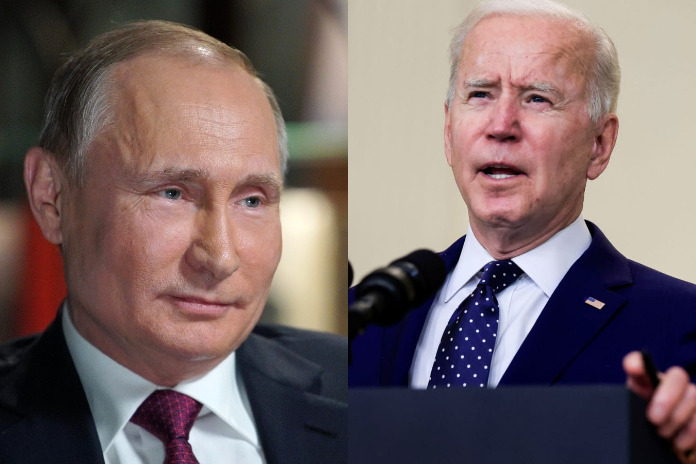WASHINGTON, USA – Ahead of president Biden’s summit with Russian president Vladimir Putin, US Senator Jim Risch (R-Idaho), ranking member of the Senate Foreign Relations Committee, published an op-ed in the Washington Post on why Biden must develop a concrete agenda for the summit or risk an increased sphere of Russian influence over the next three and a half years.
“This meeting, the administration says, is designed to put the relationship between the two countries “on a more stable, predictable path.” Yet, despite repeated statements from the Kremlin that it is open to normalization, progress on arms control and cooperation on issues of mutual interest, it has yet to take a single step that would demonstrate any commitment to these goals. In fact, Putin thrives on chaos,” wrote Risch.
In the column, Risch detailed Putin’s abuses over just the last five months, including his continued crackdown on opposition politicians and media in Russia, the buildup of Russian troops on Ukraine’s border in April, and his decision to put the United States on a list of “unfriendly” countries, to name a few.
“[The] Biden administration has no concrete agenda for the meeting,” Risch continued. “Putin knows what he wants: an increased sphere of Russian influence, decreased American influence around the world and a recognition of Russia as a major power. To counter this, Biden needs a Russia strategy with clear goals, and with these goals must come potential consequences for Putin’s conduct. Biden must establish specific baseline demands for this meeting and be willing to walk away should they not be met.”
“The tone set by this summit will determine the trajectory of the US-Russia relationship for the next 3½ years. During the more than 20 years of Putin’s rule, the West has failed to meet his abuses with true consequences,” Risch concluded. “Instead, the United States and its allies have responded mostly with pleas for cooperation. This president could change that dynamic – but if this summit proceeds without a concrete agenda, it only sets us up for more of the same.”
Full text of the op-ed can be found here.





